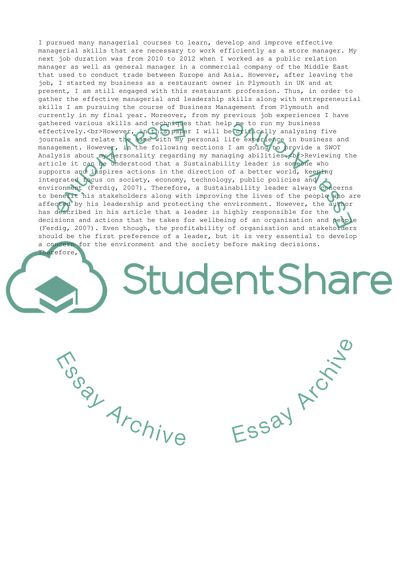Cite this document
(Change management and self reflection Essay Example | Topics and Well Written Essays - 2750 words, n.d.)
Change management and self reflection Essay Example | Topics and Well Written Essays - 2750 words. https://studentshare.org/management/1864745-change-management-and-self-reflection
Change management and self reflection Essay Example | Topics and Well Written Essays - 2750 words. https://studentshare.org/management/1864745-change-management-and-self-reflection
(Change Management and Self Reflection Essay Example | Topics and Well Written Essays - 2750 Words)
Change Management and Self Reflection Essay Example | Topics and Well Written Essays - 2750 Words. https://studentshare.org/management/1864745-change-management-and-self-reflection.
Change Management and Self Reflection Essay Example | Topics and Well Written Essays - 2750 Words. https://studentshare.org/management/1864745-change-management-and-self-reflection.
“Change Management and Self Reflection Essay Example | Topics and Well Written Essays - 2750 Words”. https://studentshare.org/management/1864745-change-management-and-self-reflection.


